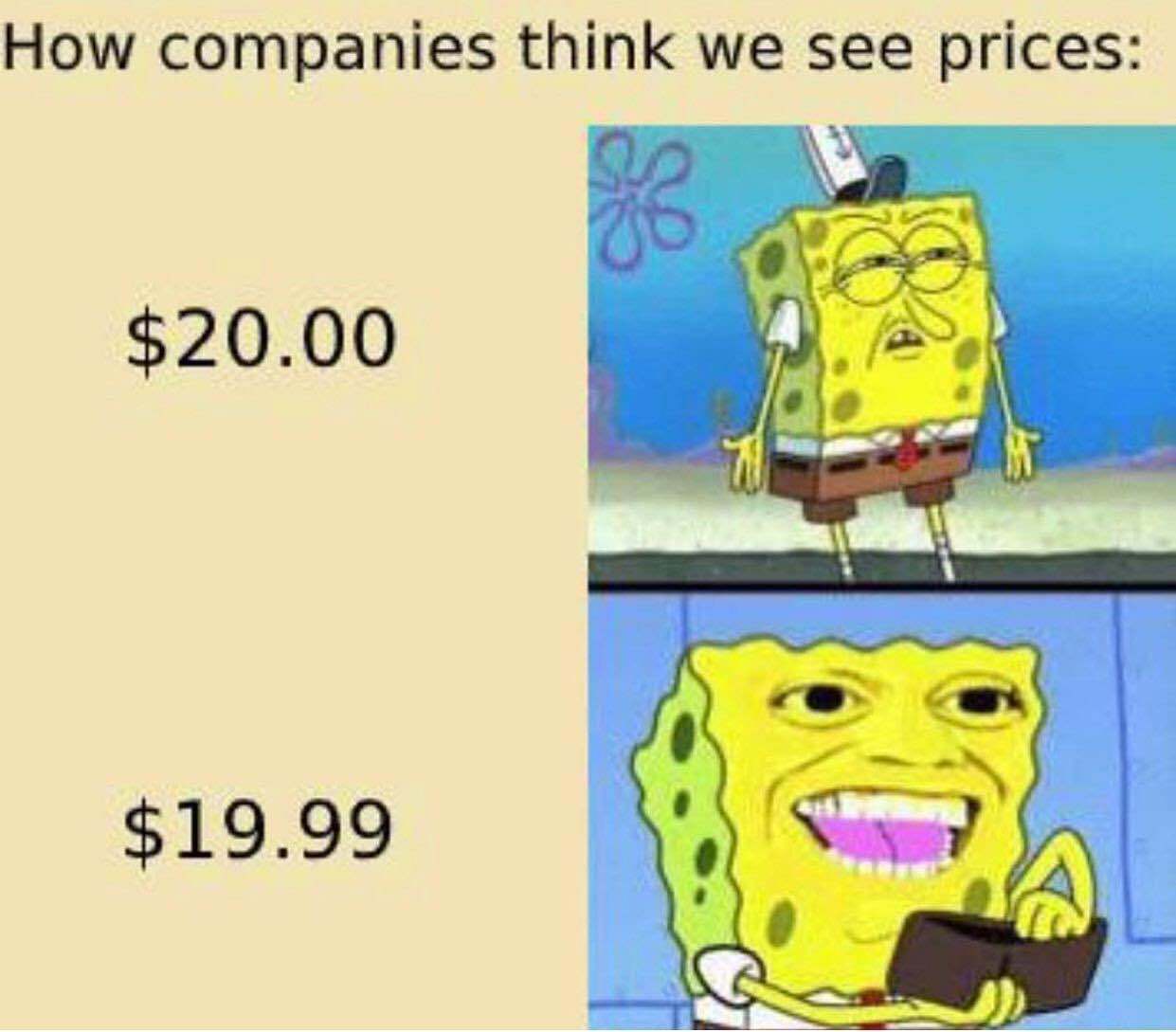this post was submitted on 12 Nov 2024
848 points (97.7% liked)
memes
10406 readers
2491 users here now
Community rules
1. Be civil
No trolling, bigotry or other insulting / annoying behaviour
2. No politics
This is non-politics community. For political memes please go to !politicalmemes@lemmy.world
3. No recent reposts
Check for reposts when posting a meme, you can only repost after 1 month
4. No bots
No bots without the express approval of the mods or the admins
5. No Spam/Ads
No advertisements or spam. This is an instance rule and the only way to live.
Sister communities
- !tenforward@lemmy.world : Star Trek memes, chat and shitposts
- !lemmyshitpost@lemmy.world : Lemmy Shitposts, anything and everything goes.
- !linuxmemes@lemmy.world : Linux themed memes
- !comicstrips@lemmy.world : for those who love comic stories.
founded 1 year ago
MODERATORS
you are viewing a single comment's thread
view the rest of the comments
view the rest of the comments

"It's popular so it must be good/true" is not a compelling argument. I certainly wouldn't take it on faith just because it has remained largely unquestioned by marketers.
The closest research I'm familiar with showed the opposite, but it was specifically related to the real estate market so I wouldn't assume it applies broadly to, say, groceries or consumer goods. I couldn't find anything supporting this idea from a quick search of papers. Again, if there's supporting research on this (particularly recent research), I would really like to see it.